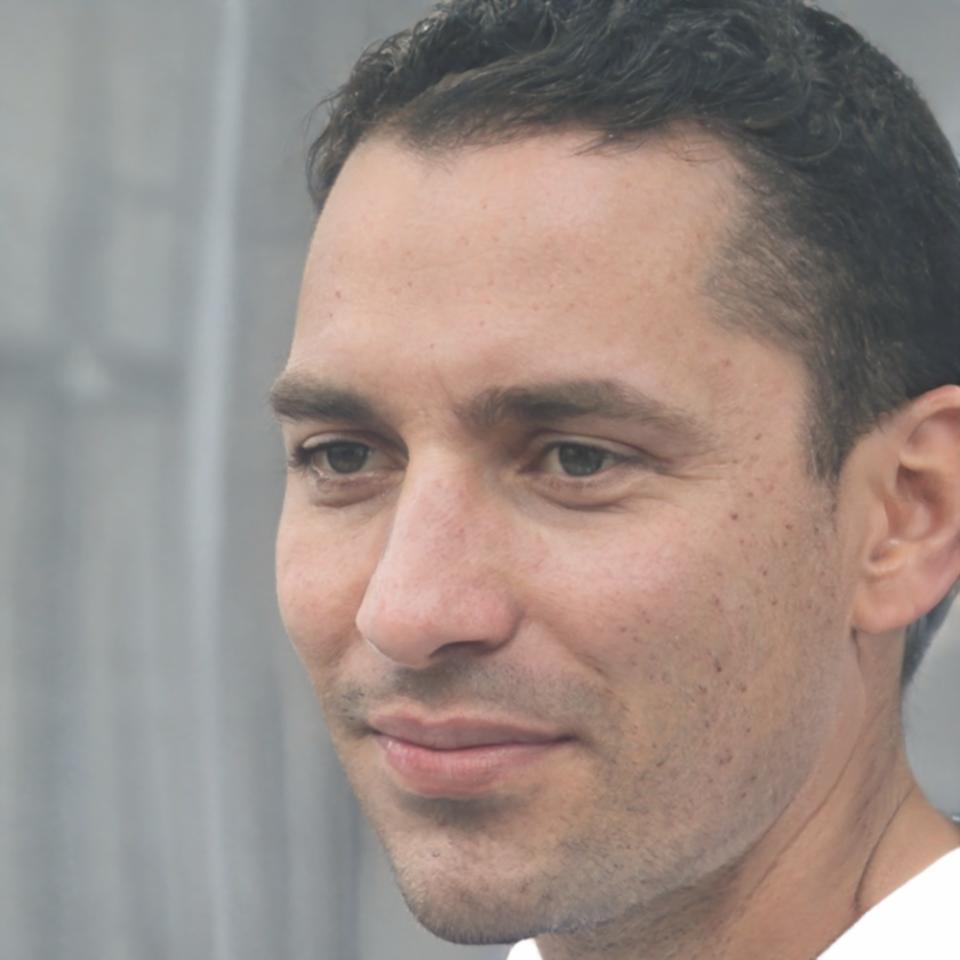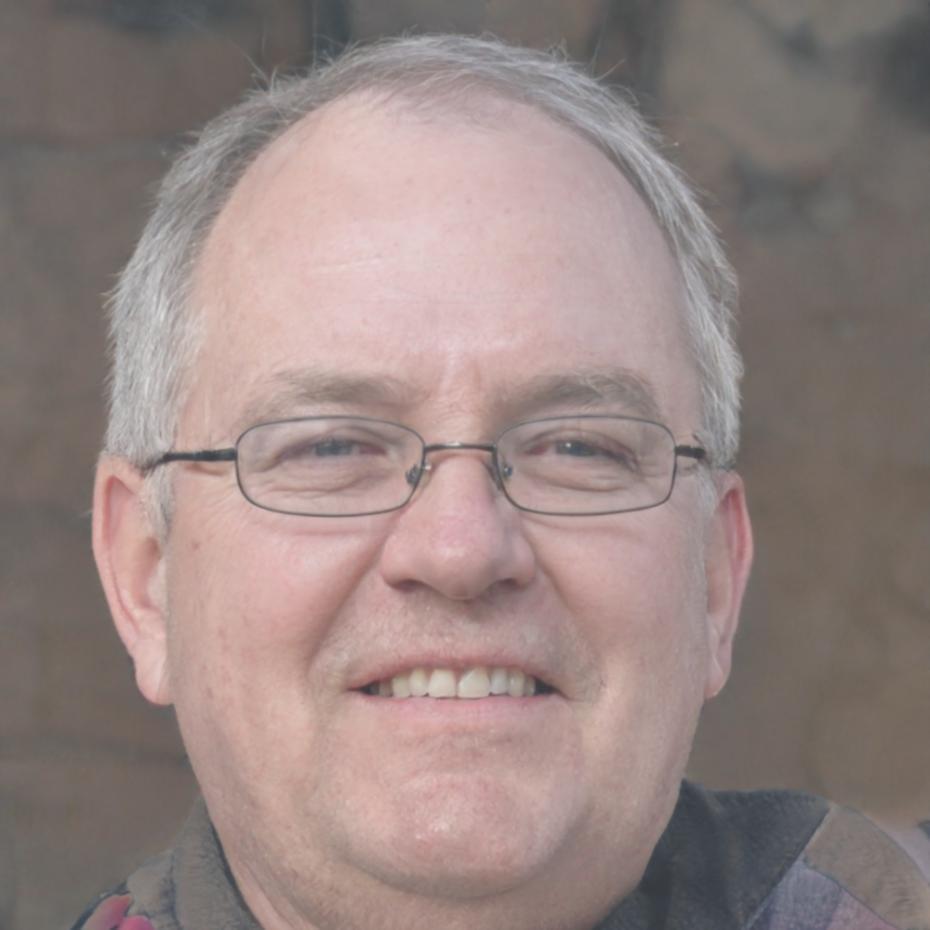Master Financial Modelling Through Practice
Our program runs from March 2026 and focuses on building real-world spreadsheet skills. You'll work through actual business scenarios, learn from mistakes, and develop confidence in creating financial projections that make sense.
What You'll Actually Work Through
The course starts in March 2026 and runs for twelve weeks. Each module builds on what came before, but we're not rushing anyone. Some weeks you'll spend more time on practice — that's completely normal and actually encouraged.
Foundation Work
Spreadsheet fundamentals and financial statement basics. We cover what numbers mean and where they come from in real businesses.
Revenue Modelling
Building assumptions that hold up under scrutiny. You'll learn to spot unrealistic projections and create defensible forecasts.
Cost Analysis
Understanding fixed versus variable costs, and how different business models affect financial structure and break-even points.
Scenario Planning
Creating realistic what-if scenarios. This is where students often have their biggest breakthroughs about how businesses actually work.

Program Investment
Choose the learning format that fits your schedule and goals. All options include the same core curriculum starting March 2026.
Self-Paced Access
One-time payment
- Full course materials and exercises
- Video demonstrations and walkthroughs
- Template library and examples
- Community forum access
- Six months of access
Guided Learning
One-time payment
- Everything in Self-Paced
- Weekly live sessions with instructors
- Assignment feedback and reviews
- Direct questions during office hours
- Twelve months of access
Personal Mentorship
One-time payment
- Everything in Guided Learning
- One-on-one sessions fortnightly
- Custom model development support
- Portfolio project guidance
- Eighteen months of access

Callum Thornbury
Lead Instructor

Wesley Quested
Program Coordinator
Learning With Us
We've both spent years building financial models for businesses across Australia. Callum worked in corporate finance before moving to consulting, while Wesley came from the startup world where models had to be both realistic and flexible.
Our teaching approach comes from watching students struggle with the same issues we did when learning. So we focus on common mistakes, practical shortcuts, and developing judgment about what matters most in different situations.
- We work through examples together during live sessions, making mistakes on purpose so you see how to catch and fix them.
- Assignment feedback focuses on your thinking process, not just whether the numbers match an answer key.
- Office hours are for whatever you're stuck on — we've probably been stuck there too at some point.